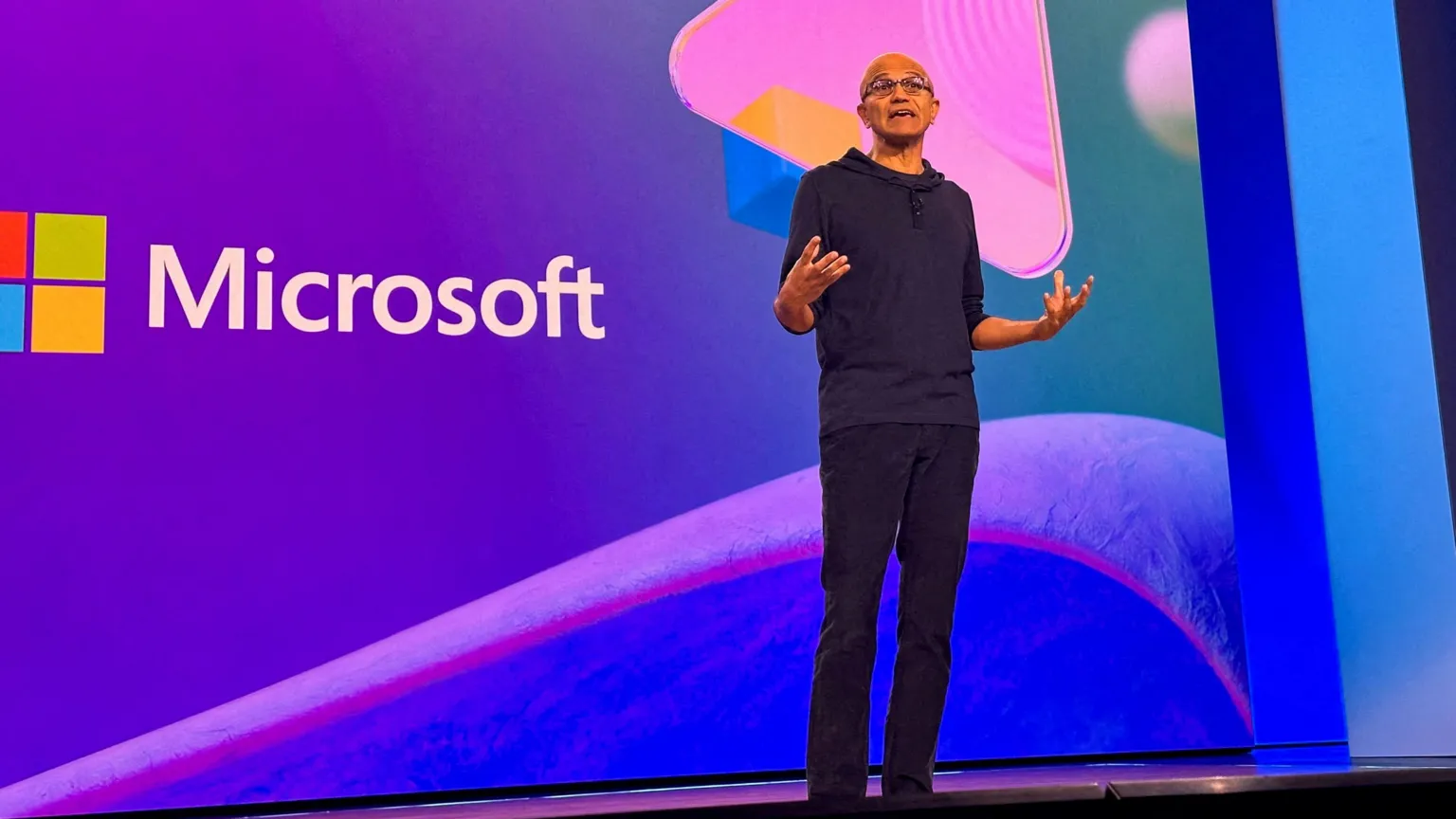Copyright yahoo

Taxpayers are spending £200m on a scheme to help some of the world’s biggest companies achieve net zero, despite civil servants admitting it could be seen as “greenwashing”. The climate aid money is going towards a carbon markets project, which will provide offsets to companies to compensate for the environmental harm they create, despite officials acknowledging that there is a “reputational” risk. The biggest deal that the scheme has secured so far in the Brazilian state of Pará, where Sir Keir Starmer will meet Cop leaders later this week, is currently caught up in legal action. Federal prosecutors say that the $180m (£136m) deal – to purchase up to 12 million tonnes of forest carbon credits – should be cancelled as it does not comply with Brazilian laws and indigenous communities were not consulted. The scheme is part of the Government’s International Climate Finance (ICF) spending, which a Telegraph investigation has revealed has been mired in allegations of corruption and waste. Projects under the scheme include a £52m road cutting through the Amazon jungle, solar panels for one of the world’s richest hotel chains, the “rewilding” of Ugandan wetlands that has left farmers on the brink of starvation, and a push to stop ocean plastic pollution in landlocked African countries. The findings of the seven-month investigation by The Telegraph have been described as a “major scandal” by Richard Tice, the Reform deputy leader. Claire Coutinho, the shadow secretary for energy security and net zero, said: “Our approach to net zero and climate aid is clearly not working. We cannot bankrupt Britain in the name of Net Zero.” The Government has pledged to spend £11.6bn on the ICF by the end of the financial year. The aid money aims to allow developing countries to access clean energy, avoid deforestation and build green infrastructure, and to help them adapt to the impacts of climate change. One project that is central to this is the LEAF coalition, a partnership between governments and several major companies, which is said to be “designed to accelerate climate action and reduce deforestation”. The coalition will create a carbon market, backed by taxpayers, in which companies can buy carbon credit “offsets” to compensate for the pollution they create in a drive to appear green. These credits are created by countries like Brazil, which put policies in place to plant trees or stop deforestation. Governments in the US and Norway are among a number to have signed up. As for the £200m aid donation, officials say that UK taxpayers’ money will “add credibility” to the coalition. A large portion of that donation will be used to pay forest nations for their efforts in reducing deforestation if a private buyer for the offsets cannot be found, essentially guaranteeing the market. But officials from the Department of Energy Security and Net Zero (DESNZ) admit in official documents that there has been a “loss of confidence” in carbon markets and there is a “reputational” risk that their involvement could be seen as “greenwashing”. There have been a series of scandals surrounding carbon offsetting amid claims that the schemes overestimate their impact and are a “dangerous distraction” from work to stop climate change. REDD+ schemes are international efforts to create financial incentives for developing countries to reduce carbon emissions from deforestation, protect forests and enhance forest carbon stocks. The DESNZ business case recognised the issues, noting that there are only “tentative causal links” between the Reducing Emissions from Deforestation and Forest Degradation (REDD+) schemes and actual reduced deforestation. They add that “at the impact level, after more than 10 years of REDD+ implementation, there is no consistent trends of falling deforestation rates across tropical forest basins”. But still, £200m was signed off for the project. Concerns over carbon markets have also led environmentalists to criticise LEAF. Amazon Watch, a campaign group set up to protect the Amazon, has described it as “the latest in a long line of pay-to-pollute greenwashing schemes pushed by corporations and wealthy governments”. Now the first major deal that the coalition is involved in – the biggest ever trade in carbon credits – is tied up in legal action. Brazil’s federal prosecutor’s office has filed a lawsuit to block the carbon credit agreement between LEAF and the Amazonian state of Pará, saying that it breaches laws on sales of carbon credits and consulting indigenous people. It is Pará’s capital, Belem, where the Prime Minister will attend Cop30 later this week, where he is seeking to establish himself as a “world leader” on climate change. But the findings of The Telegraph’s investigation have raised questions about how the Government is seeking to do this using ICF. Ms Coutinho, the Tory MP for East Surrey, said: “We’d be much better off doubling down on innovation and producing clean technology that we can sell to the rest of the world, not spending hundreds of millions of pounds of taxpayers’ money on bungs for multinational corporations. That’s the biggest impact Britain will ever have on tackling climate change.” A Government spokesman said the suggestion that the scheme was greenwashing was a “mischaracterisation”. “The scheme is designed to prevent deforestation and protect the climate,” they said. “We only work with companies which have robust plans in place to reach net zero.” A spokesman for Emergent, which coordinates the LEAF coalition, said they believe the Pará agreement is “fully aligned” with Brazil’s carbon market laws and that a judge refused a request for an injunction and immediate suspension of the agreement. The comments were echoed by a spokesman for the state of Pará, who said the agreement “is being developed with transparency and social participation”.



